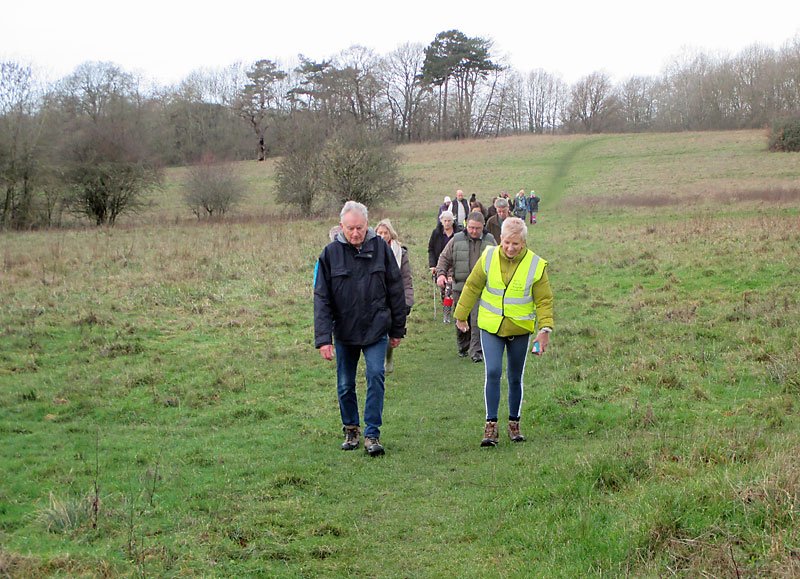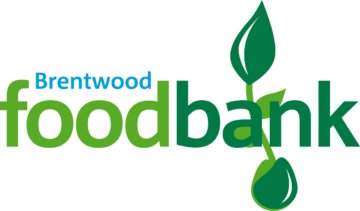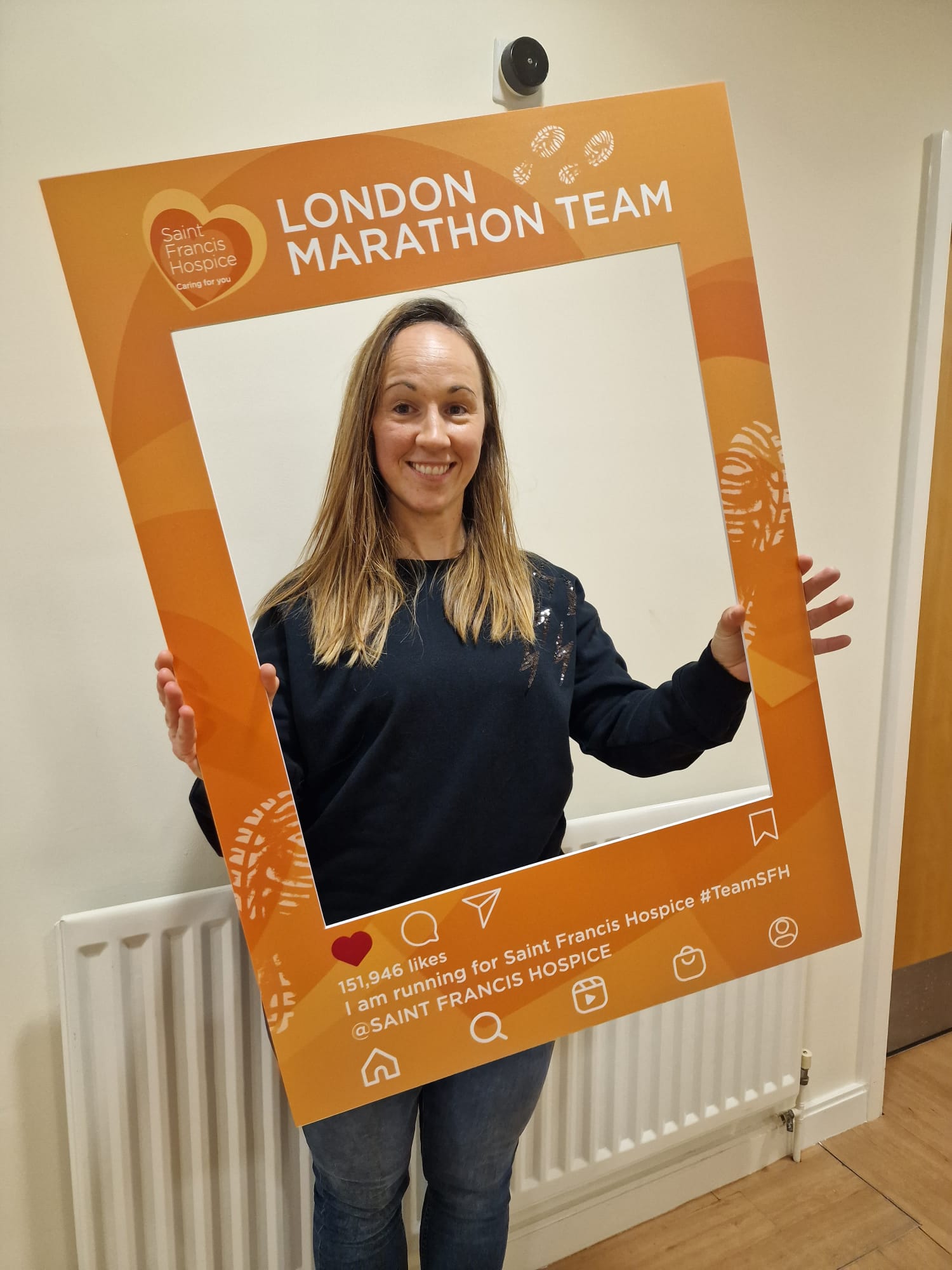Rob Simpson from local digital marketing strategists Foretell Digital shares some information about how companies can improve their search engine optimisation.

The recent pandemic has forced businesses to rethink their SEO strategies and marketing plan. It’s clear that SEO trends for ranking in organic searches have changed.
Many businesses are sensitive to carry out active marketing campaigns, when other companies are struggling. But, if you don’t market now, you could be forgotten – and that’s not good for your business. It’s time to convert adversity into opportunity.
Search patterns on the web are determined by consumer behaviour. The pandemic has had a widespread impact on search behaviour, consumer preferences, and marketing investments. Despite the changes, SEO optimisation services have seen a sharp rise.
According to Google Trends, the search term ‘SEO’ has had noticeably more people looking, since February, 2020.
Why focus on SEO?
Search engine optimisation is a process of strategically using online content, enhancing user experience, and implementing technical solutions to help improve online visibility, thereby boosting SEO for websites. This technique helps attract a wider online audience to improve organic traffic.
Here are a few ways your business could deal with changes due to the COVID-19 scenario and stay ahead of the competition.
-
Research for keywords related to COVID-19
Use a keyword research tool to find COVID-19 related terms and phrases in demand. Begin with a general search about COVID-19 and narrow down the results targeting your niche. The keywords should be applicable to your business and add relevance to your content.
For example, if you search for ‘about COVID-19[‘, it will provide several results pointing to high-authority medical blogs and websites. This means you need to refine your search to include keywords specific to your industry. Use the search tools in Google Analytics and other online word tracking portals to check if people are actually searching on these phrases. Pay attention to the competition level of keywords. It is not recommended to choose keywords with high level of competition when targeting broad COVID-19 related terms. This is because they may be picked and used by marketers to spin campaigns that result in low search volumes. Instead, choose low-competition keywords with high search volume to obtain the desired results.
Your keyword research must necessarily identify keywords and topics that will help you rank high on the search results.
-
Survey the needs of your audience
Try to understand the needs of your target audience before optimising your content. You could use social media platforms to begin a survey or discussion or ask your email list what they would search for.
This is also a good opportunity to find out what your audience’s concerns are about the current COVID-19 situation. Depending on your business you could ask them focused questions such as:
-
How do you attract more clients during COVID-19?
-
How can you stay focused while working from home during this pandemic?
-
Is investing money or saving the best option during COVID-19?
-
What’s your marketing strategy during COVID-19?
these questions can reveal lots of useful information. When you know what they’re looking for, it’s easy to create content will engage them.
You should end up with a list of keywords that you can use in all your online activity to attract people looking for what you do.
-
Focus on video content
According to this survey, 80% of consumers in the US and UK have begun to consume more video content since the outbreak. Broadcast TV and online videos are the first choice across consumers of different age groups.
Consider creating videos for YouTube that refer to the pandemic. Publishing relevant video content along with blog content will improve your brand visibility.
Use SEO tools and data to find targeting keywords and develop video topics. With this information, you can create videos that focus on trending questions users are looking for and lead them to information about your services and products.
These are a few aspects to ensure when creating video content:
-
Determine your goal
-
Make sure the video content is focused and useful
-
Create content that is authentic to your brand
-
Invest in your video budget
-
Keep an eye on mobile friendliness
-
Update your website
If your target audience has a lot of questions related to coronavirus, creating a dedicated page on this topic may help.
This will establish your reputation for being right up-to-date and service your target audience, to engage and inform them.
Try targeting keywords and long-tail key phrases when consolidating all this information. This will help boost the ranking of your website.
Adding contextual internal links as individual pages will also help your site and pages to rank better on search results.
Don’t forget to make sure your website has the latest information.
For example, you can include:
-
Details about the closure of your physical office and change in business hours, if any
-
Addition or removal of services you provide
-
Details of your workforce and support team
-
Information about major updates or changes in the business
Take time to review existing customer support and FAQ pages for any information that needs to be updated on the current COVID-19 situation.
Consider adding additional coronavirus-related questions worth targeting on these pages.
-
Use current search terms in your content
It is important that you offer well-researched, accurate, and relevant information related to COVID-19. Take care that you do not frighten your readers with incorrect information. This may damage the credibility of your brand.
Aim to generate traffic and improve online visibility by providing valuable information that helps your readers rather than irritate them with clickbait-articles.
For example:
If you are an SEO agency targeting your customers, it may help to write a post on a topic like ‘The Impact of COVID-19 on SEO Services Companies’ as this is specific to your area of expertise. Your post should include keyword phrases such as ‘about COVID-19' as naturally as possible to enable quicker discoverability by your potential audience.
This study states that brands that delivered informative content were considered trustworthy when compared to brands that did not. It also found that customers were 48% more likely to buy from the brand after reading relevant and educational content.
-
Keep track of Google updates and changes in SERPs
The ultimate goal of every business is to rank high on Search Engine Ranking Pages (SERPs). However, Google keeps changing and tweaking their algorithms to filter misinformation and scammers.
Ideally you should keep track of these updates and changes to:
-
Create relevant content that will earn you an appropriate rank on SERPs
-
Avoid posting irrelevant content that will push you lower in SERPs
You must be aware of the changes that occur in SERPs and their impact on the SEO of your website.
Make sure that you earn credibility by answering questions posed by your target audience, thereby establishing trust. These strategies will help you to provide accurate information and maintain an online reputation during this pandemic.
-
Update schema
This will ensure that Google shows only accurate information about your organisation. Updating the product-availability schema will further help in providing the latest details about your products. Also, event status schema will inform the audience about changes in events and announcements.
-
Focus on local SEO
For instance, local SEO services in Essex have become significant during this pandemic outbreak. This is because customers have begun to look for reliable brands and products in their location. In the current scenario, a customer will prefer to search for ‘SEO services near me’ rather than just ‘SEO services’.
This focused strategy will allow you to compete effectively with bigger brands that have access to unlimited resources.
Based on this report, 35% of all search traffic is local. Without focusing on local SEO, you may be losing out on a major chunk of traffic.
Local SEO will help you depend on local brand recognition instead of value propositions to attract traffic.
-
Update ‘Google My Business’ Page
Doing this will keep your target audience informed about changes in your working hours and business operations.
-
Track Google search console
You should keep track of web traffic from organic searches. This will help you understand search trends and audience preferences. The increase or decrease in search demand will help you modify content and responses.
-
Monitor search demand and social media mentions
Monitor COVID-19 related topics to understand customer behaviour. Keep an eye on keywords demand and social media mentions to analyse preferred target demographics and content tone.
Finally ...
Search engine optimisation is the best way to respond to the current COVID-19-related business uncertainty. A planned strategy will equip you with real-time insights about customer behaviour and provide inputs on how to deal with shifting preferences. Hopefully, these techniques will help you to modify your current SEO strategy and stay updated on search trends to allow your business to pivot and prepare for post-pandemic success.
We are holding some free marketing chats for phoenix listeners and If you would like to have a free chat on how our Digital Marketing services can help, go to our website and arrange a free 15 min call to find out how we could help.
Rob Simpson Director Foretell Digital
































